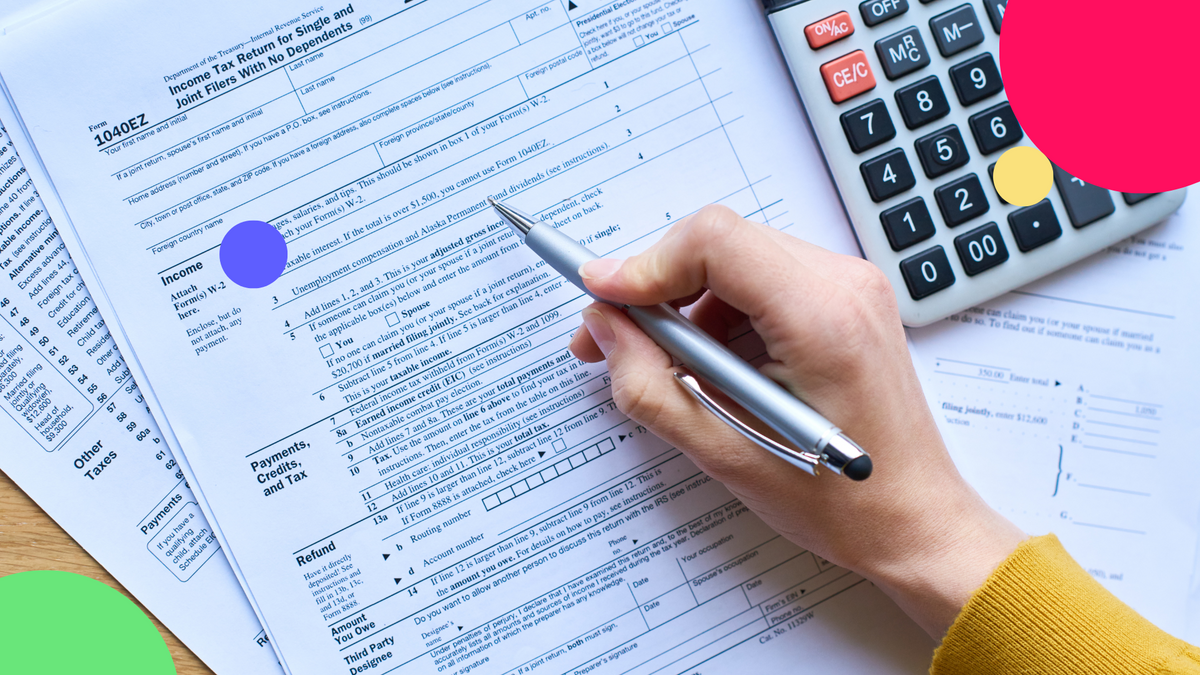Three taxes you need to know about if you’re an investor
By Boring Money
29 April, 2024
Have you ever wondered how tax applies to your investments? UK tax law is pretty complicated and it can be a headache trying to understand the rules, reliefs and allowances - especially in relation to additional income such as investing. But don’t fret! We’re here to simplify things and explain the three main types of tax that UK investors should be aware of, including how to know if you qualify and how much each one could cost you.

Capital Gains Tax
Capital Gains Tax (often abbreviated to ‘CGT’) is a tax that you pay to the UK government on the profit - “gains” - you make when you sell something - an “asset” - that has increased in value from when you bought it. Most of the time, this refers to things like shares, bonds, property and other investments. So if you’re an investor, CGT should be on your radar.
If you’re investing with an account which is not tax-efficient (i.e. not an ISA), you might have to pay CGT on your total gains that exceed the tax-free allowance. So this includes anyone investing with a General Investment Account (GIA), for example, which is not shielded from tax like an ISA is.
The tax-free allowance on capital gains for the 2024-25 tax year is £3,000 for individuals and £1,500 for trusts. This has been significantly lowered in recent years. In fact, it’s now less than a quarter of what it was in the 2022-23 tax year, when the tax-free allowance for individuals was a decidedly more generous £12,300.
We asked Chartered Financial Planner Lena Patel to explain why Capital Gains Tax matters when you’re investing and some ways to reduce how much you need to pay.
 Sign up for free to read more
Sign up for free to read more
Already have an account? Login





